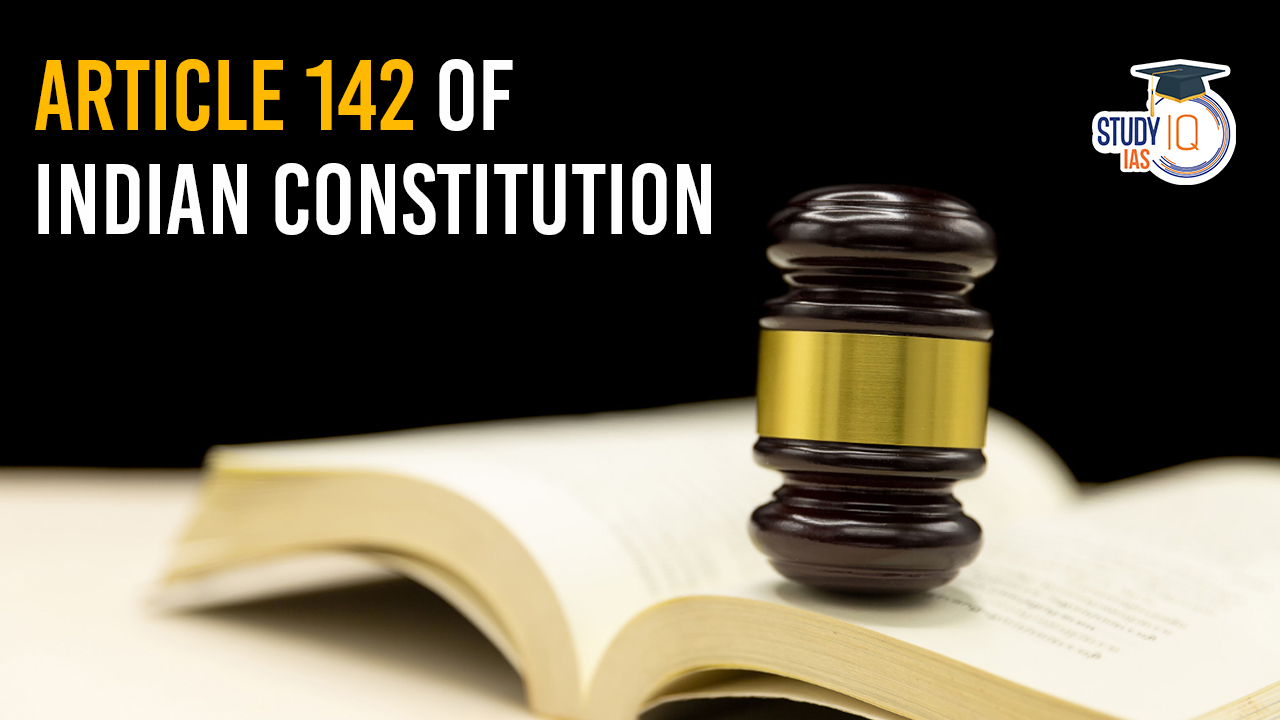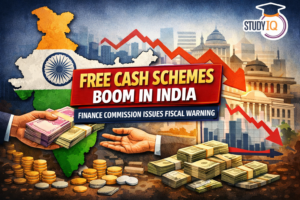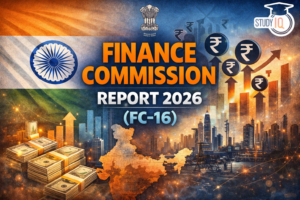Table of Contents
Context: Recently, the Supreme Court invoked Article 142 of the Constitution to protect 250 students from facing hurdles in education due to the shifting of their institute’s campus in Mangluru.
Article 142 of Indian Constitution
- Empower the Supreme Court to pass any decree or order necessary for doing “complete justice” in any case or matter pending before it.
- Ensures that such a decree or order is enforceable throughout the territory of India.
Key Features of Article 142
- Complete Justice: The primary aim of this Article is to ensure that justice is served comprehensively, addressing situations where statutory provisions may fall short.
- Discretionary Nature: The powers under this article are discretionary, meaning the Court can choose when and how to exercise them based on the specifics of each case.
Significance of Article 142
- Grants the Supreme Court the unique power to transcend the limitations of law or statute to ensure justice for the parties involved.
- Allows the Supreme Court to exercise executive and legislative functions in certain situations, such as issuing guidelines, directions, or orders to the government or other authorities.
- Permits the Supreme Court to intervene in matters of public interest, human rights, constitutional values, or fundamental rights, and to protect them from any violation or infringement.
- Enhances the Supreme Court’s role as the guardian of the Constitution and as the final arbiter of the law, and fosters judicial activism and innovation.
We’re now on WhatsApp. Click to Join
Recent Supreme Court Judgments Involving Article 142
Governor of Tamil Nadu inaction on Bills case (2025)
- Context: The Supreme Court dealt with a constitutional crisis where the Governor of Tamil Nadu had indefinitely withheld assent on 10 Bills passed by the State Legislature.
- The Governor had reserved these Bills for the President’s consideration but failed to act upon them for an extended period, effectively stalling the legislative process in the state.
- Significance: The Supreme Court invoked Article 142 to ensure “complete justice” and held that the Governor’s prolonged inaction was unconstitutional.
Shilpa Sailesh v Varun Sreenivasan (2023)
- Context: The Supreme Court ruled that it could directly grant a divorce on the grounds of “irretrievable breakdown of marriage” under Article 142.
- Significance: This judgment allows the Supreme Court to bypass the usual procedural requirements set by the Hindu Marriage Act, which typically involves a cooling-off period for mutual consent divorces.
Chandigarh Municipal Corporation Elections (2023)
- Context: In this case, the Supreme Court overturned election results and ensured electoral democracy was upheld.
- Significance: This case illustrates how Article 142 can be used to rectify procedural irregularities in electoral processes.
Examples of Supreme Court’s Use of Article 142
- Ordered the release of undertrial prisoners who have spent more than half of the maximum sentence prescribed for their offences.
- Directed the government to provide free and compulsory education to children between 6 and 14 years of age.
- Appointed a committee to oversee the investigation and prosecution of the 2G spectrum scam.
- Cancelled the allocation of 214 coal blocks that were found to be illegal and arbitrary.
- Granted permanent commission to women officers in the Indian Army.
Supreme Court and Article 142
- Prem Chand Garg Case: The court held that the exercise of powers under Article 142 must be consistent with the fundamental rights and cannot contravene statutory laws.
- Antulay Case: The ruling in Prem Chand Garg was affirmed, maintaining the scope of Article 142 as defined earlier.
- Union Carbide Corporation vs Union of India, 1991: The Supreme Court used Article 142 to order Union Carbide to pay $470 million in compensation for the Bhopal gas tragedy.
- The court clarified that it is incorrect to suggest that statutory provisions can limit the powers granted by a constitutional provision such as Article 142, asserting that constitutional authority prevails over statutory limitations.
| Criticism of Article 142 | Judicial Response and Rulings |
| Arbitrary and ambiguous powers with a lack of clear definition for “complete justice”. | Supreme Court Bar Association vs Union of India (1998): Clarified that Article 142 powers are supplementary and cannot override existing laws. |
| Broad discretion allows for arbitrary or misuse of powers. | Curative Limitation: Emphasised that powers are curative and must respect substantive rights and statutory provisions. |
| Risk of indirect achievement of goals not directly permissible. | Stated that Article 142 cannot be used to achieve indirectly what cannot be done directly. |
| Potential injustice to individuals not party to the case. | A. Jideranath vs Jubilee Hills Co-op House Building Society: Held that the exercise of Article 142 should not cause injustice to non-parties. |
| The judiciary’s actions under Article 142 lack accountability, raising separation of powers concerns. | Checks on Judicial Overreach: Acknowledged the separation of powers and imposed self-checks to prevent judicial overreach. |
| Possibility of judicial overreach into the legislative domain. | State of Karnataka vs Umadevi: Reinforced that Article 142 should accord with law and not sympathy, avoiding illegality or legislative encroachment. |
| UPSC PYQ |
With reference to the Constitution of India, prohibitions or limitations or provisions contained in ordinary laws cannot act as prohibitions or limitations on the constitutional powers under Article 142. It could mean which one of the following? (2019)
Answer: B |


 Free Cash Schemes Boom in India: Finance...
Free Cash Schemes Boom in India: Finance...
 Finance Commission Report 2026 (FC-16): ...
Finance Commission Report 2026 (FC-16): ...
 India–US Trade Deal 2026: Key Features...
India–US Trade Deal 2026: Key Features...

























